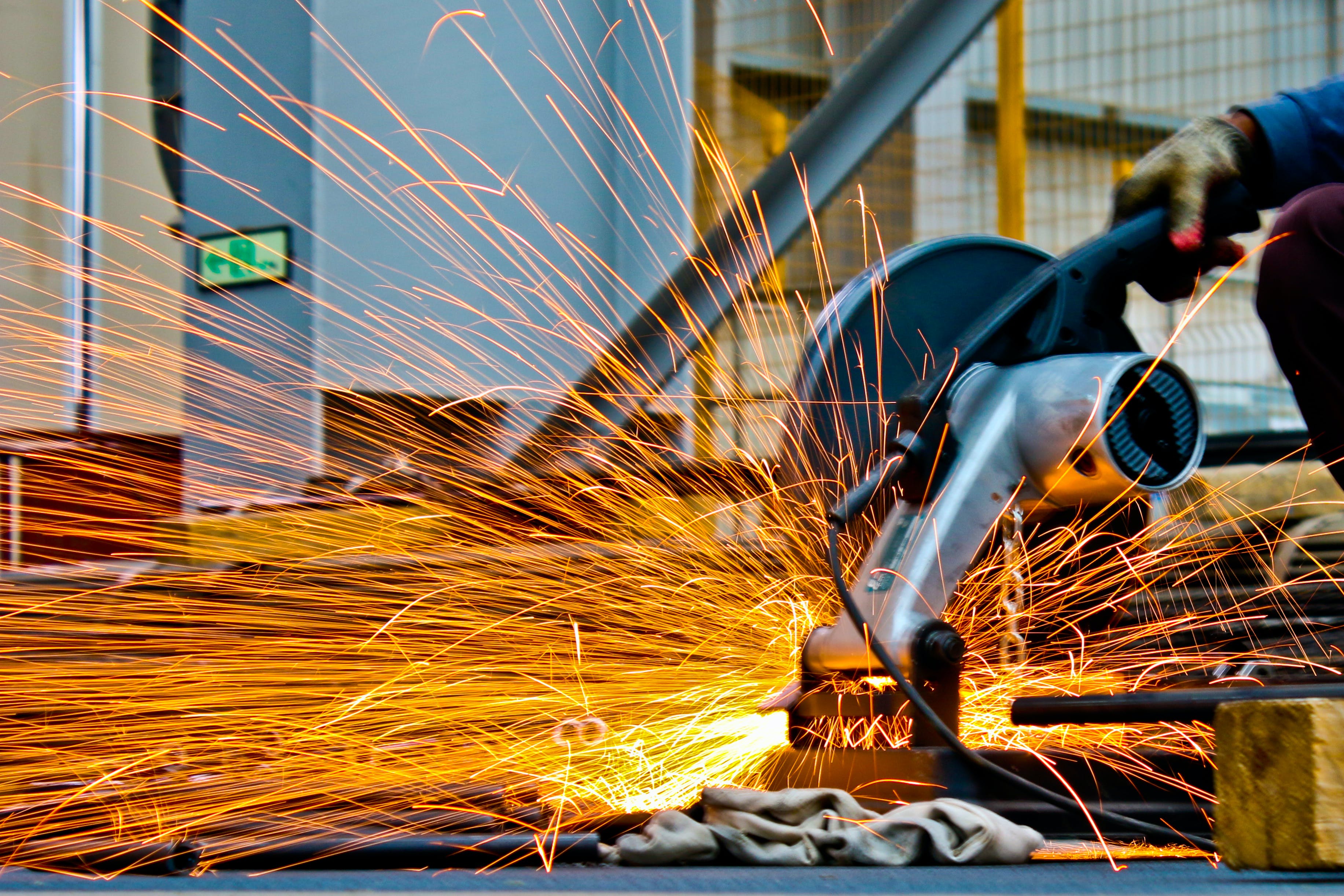In recent years, with the rapid development of industries such as chemical, petroleum, medicine, and new energy, the demand for fluid conveying equipment has gradually increased. The selection of chemical pumps directly affects production efficiency and safety. Different chemical pump medium characteristics (such as corrosiveness, viscosity, temperature, solid content, etc.) put forward differentiated requirements for the material, structure, and working principle of chemical pumps. This article starts with the medium of chemical pumps, and introduces in detail the types of chemical pumps corresponding to specific media.
1. Strong acid and strong alkali chemical pump medium

Strong acid: concentrated sulfuric acid (concentration>80%), hydrochloric acid, nitric acid, hydrofluoric acid, mixed acid solution (such as nitric acid + hydrofluoric acid pickling solution)
Strong alkali: sodium hydroxide (caustic soda), potassium hydroxide, high temperature alkali solution (such as alkali circulation in chemical fiber industry)
Recommended pumps:
1. Fluoroplastic chemical pumps (such as IHF fluorine-lined centrifugal pumps): The chemical inertness of fluoroplastics (such as PTFE, FEP) can resist the corrosion of more than 200 chemical media.
2. Magnetic drive pump: no seal design to prevent leakage of strong acids and alkalis, suitable for flammable and explosive environments.
II. Organic solvents and volatile chemical pump media
Benzene, acetone, carbon tetrachloride, ester solvents, methanol, ethanol
Recommended pumps:
1. Canned motor pump: The integrated motor pump design ensures zero leakage and prevents solvent evaporation or explosion. Very suitable for pharmaceutical applications.
2. Stainless steel centrifugal pump (316L): Excellent corrosion resistance to low-concentration organic solvents (such as ethanol, acetone), in line with FDA food grade standards.

III. High viscosity, particle-containing chemical pump media
High viscosity liquids: crude oil, adhesives, paints, resins (viscosity>1000cP)
Particle-containing media: mud, wastewater (solid content ≤15%), chemical sludge
Recommended pumps:
1. Screw pump: The meshing screw ensures the stable flow of high viscosity liquids (such as asphalt). The specially designed gap can handle fine particles without clogging.
2. Diaphragm pump: No seal structure, strong self-priming ability, handle slurries with solid content ≤25% (such as electroplating sludge).
IV. High/Low Temperature Chemical Pump Media
High temperature media: thermal oil (≤350°C), molten salt (≤500°C), high temperature steam condensate
Low temperature media: liquid nitrogen (-196°C), LNG (-162°C)
Recommended pumps:
1. High temperature chemical pumps: use heat-resistant alloy steel and silicon carbide mechanical seals, with a continuous operating temperature of 350°C. Commonly used in petroleum refining (such as heavy oil hydrogenation).
2. Low temperature chemical pumps: designed for low temperature fluids such as LNG.
V. High purity and sanitary chemical pump media
Electronic grade hydrofluoric acid (Fe ion <1ppm), pharmaceutical injection, food additives (such as dairy products)
Recommended pumps:
1. Sanitary stainless steel centrifugal pumps (316L electropolished): meet the sanitary standards of the pharmaceutical/food industry.
2. Ceramic pumps: smooth silica surface prevents contamination and resists most strong acids (except HF).

Note: This article provides general chemical pump selection recommendations based on chemical pump media characteristics. Changyu Pump & Valve suggests that the selection of chemical pumps must also consider site conditions, operating parameters, pipeline layout and ambient temperature, not just the medium characteristics.
